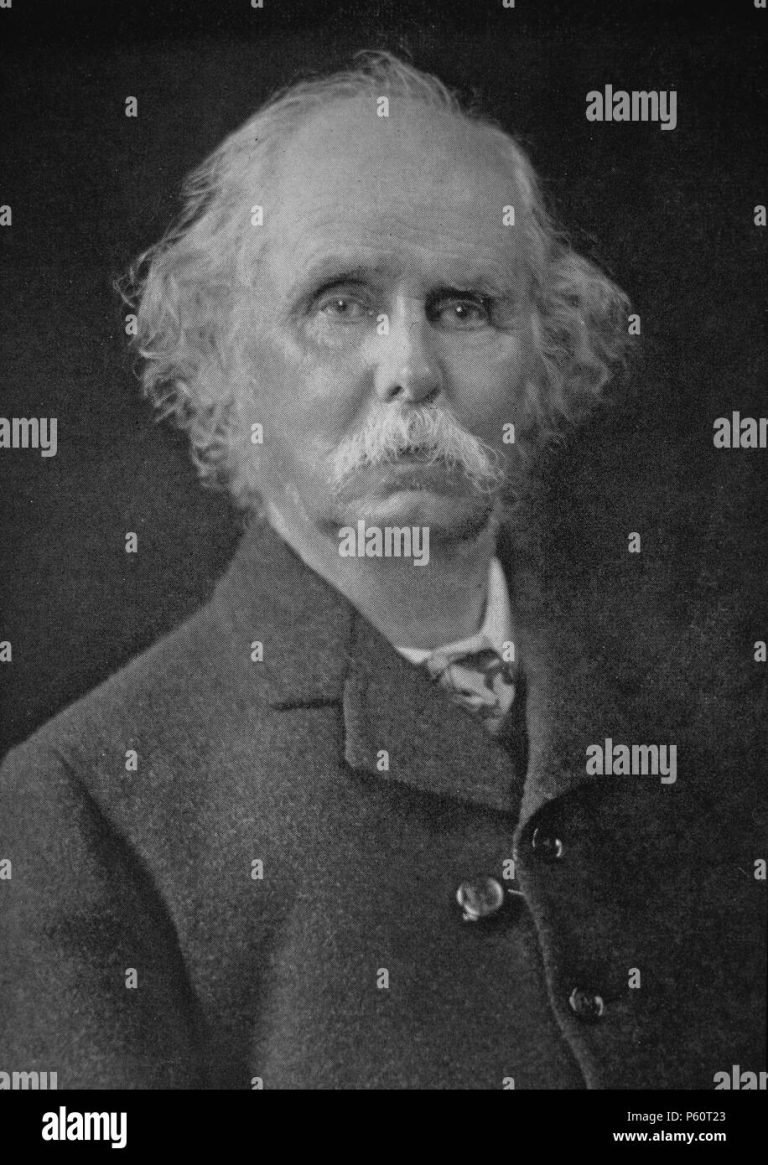Date of Birth: July 26, 1842
Zodiac Sign: Leo
Date of Death: July 13, 1924
Biography
Alfred Marshall was a prominent British economist, born in the 19th century, who is widely recognized as one of the founders of modern economics. He made substantial contributions to microeconomic theory and is particularly known for his work on the principles of supply and demand, marginal utility, and the costs of production. Marshall’s most influential work, “Principles of Economics,” published in 1890, became a cornerstone for economic study and analysis. His ideas helped shape the field of economics, making it more systematic and rigorous. Marshall’s contributions remain vital to economic theory and practice, influencing both contemporary and future economists.
5 Interesting Facts about Alfred Marshall
1. Alfred Marshall was a mentor to several leading economists of the 20th century, including John Maynard Keynes.
2. He introduced the concept of price elasticity of demand, which measures how the quantity demanded of a good responds to a change in its price.
3. Marshall’s “Principles of Economics” was used as the standard textbook for economic studies for many decades.
4. He was one of the first economists to use diagrams and graphs to illustrate economic concepts, making them more accessible.
5. Marshall was a strong advocate for the application of mathematics in economics, although he believed it should be used as a tool rather than the foundation of economic theory.
5 Most Interesting Quotes from Alfred Marshall
1. “Economics is a study of mankind in the ordinary business of life.”
2. “The most valuable of all capital is that invested in human beings.”
3. “Individual and national efficiency depends more on the moral than on the intellectual qualities of men.”
4. “Nature’s action is slow in comparison with man’s wants.”
5. “Every short statement about economics is misleading (with the possible exception of my present one).”
Highest Net Worth Achieved
Alfred Marshall did not accumulate substantial personal wealth from his work. His highest net worth is not well-documented, as his focus was primarily academic rather than financial.
Children
Alfred Marshall did not have any children. He was married to Mary Paley Marshall, who was also an economist and one of the first women to study at Cambridge University.
Relevant Links
1. [Biography of Alfred Marshall on Britannica](https://www.britannica.com/biography/Alfred-Marshall
2. [Alfred Marshall on Investopedia](https://www.investopedia.com/terms/a/alfred-marshall.asp
4. [Alfred Marshall’s Contributions to Economics on JSTOR](https://www.jstor.org/stable/1885303


